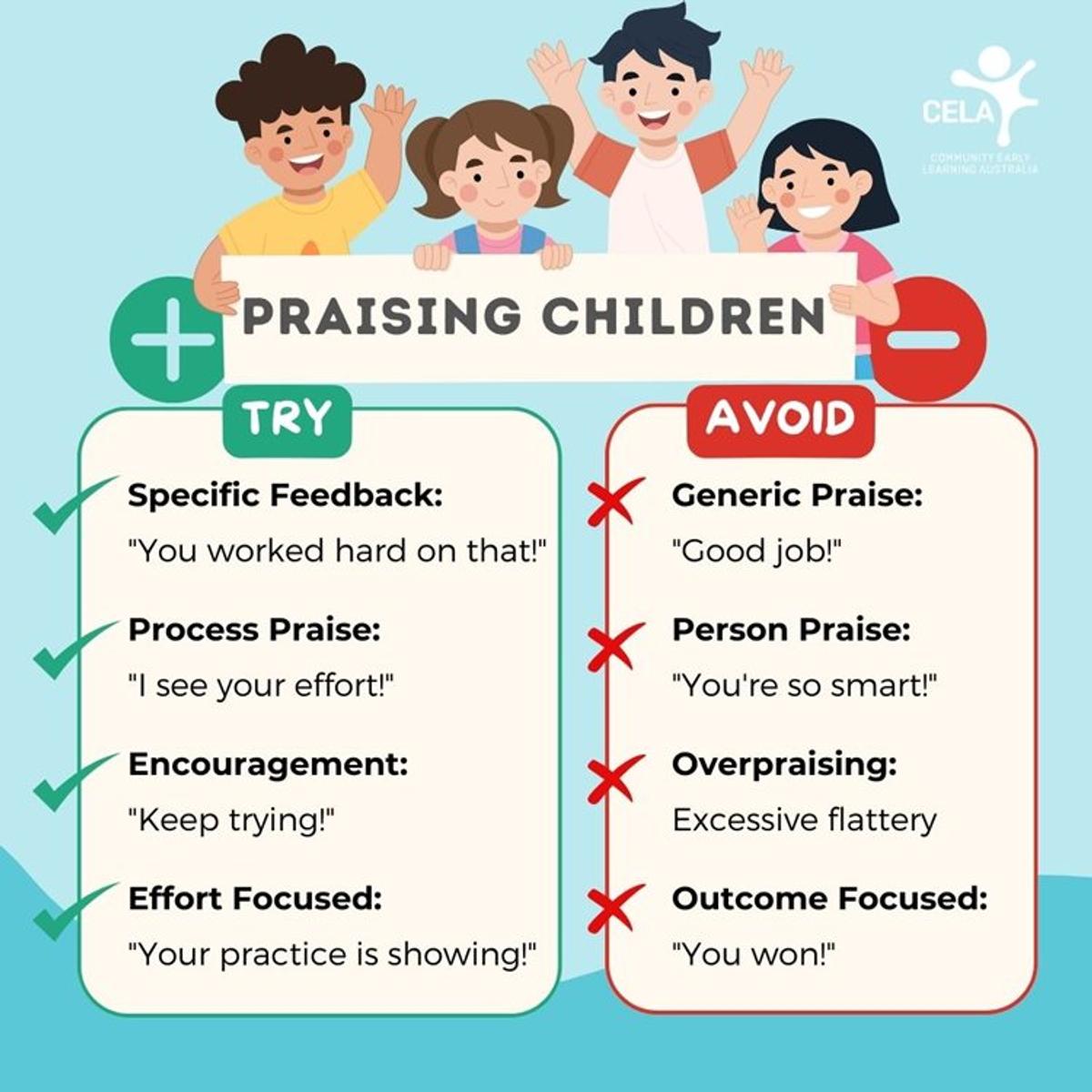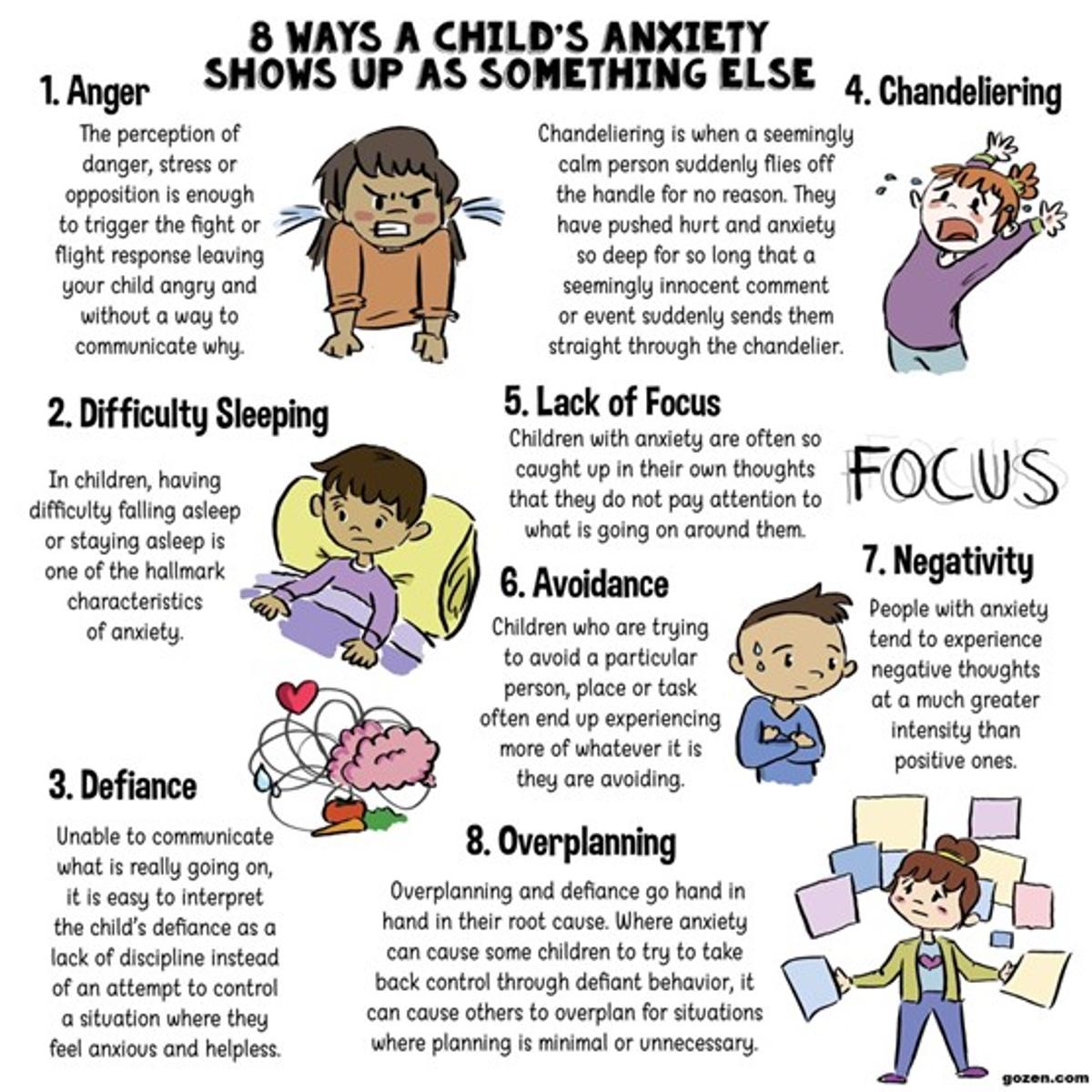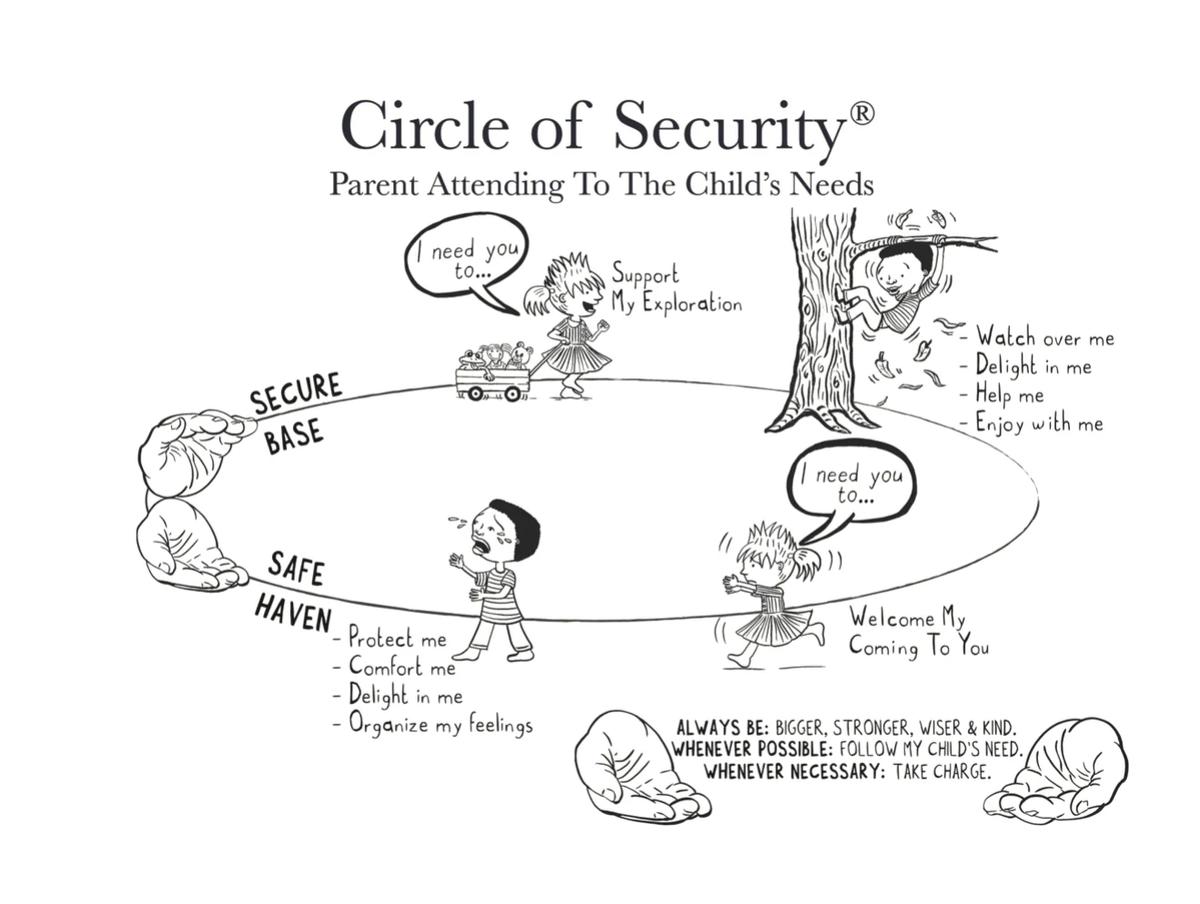Wellbeing

SWPBS Update
SWPBS Essential Feature 5: Acknowledging Expected Behaviours
In order to help students demonstrate the positive behaviours we've taught them, research shows we need to actively notice when they get things right. Plus, there's a saying that "rewarding is rewarding" - everyone involved feels good, and it strengthens our relationships and feelings of belonging.
We have two key strategies:
Specific Praise
Praise is the most accessible reinforcer we have. It needs to be specific, naming the positive behaviour observed. The aim is to verbally use it very frequently, filling our classrooms and schoolyard with a positive buzz. This builds up the individuals while also providing great in-the-moment models for others.
There's a technique we like called "positive narration" where an adult talks out loud about the positive choices they notice, like "I can see Name doing a great job packing up" or "Name, Name and Name already have their book and pencil out ready to go" or "Fantastic how Name is focussed on their work".
Some students don't like to be publicly praised, so we make sure to get to know that and quietly and personally acknowledge their choices to them.
We're also working hard as staff to send out many more positive behaviour messages to families. We hope you've received some this term and it helps you to celebrate your child's behaviour achievements at home. Follow up praise from you is very precious for your children.
Rewards
Rewards motivate and embed positive behaviours, and are always connected to specific praise. Consultation in years past let us know our community prefers rewards aren’t tangible stuff. Our community prefer communal celebrations, where we do fun things together. Out in the yard, we give students Value cards, which lead up to a certificate at assembly as well as the whole school celebration. In the classroom, good choices are acknowledged with tally marks, which move the class around a reward wheel, with intervals leading to 5 minutes early play and eventually a class party.
Some students need additional behaviour support. For them, we might plan and work on a specific behaviour skill and individualised reward system. Sometimes these include concrete things or activities. Other times, it's communal rewards for their individual behaviour choices, which can help classmates to encourage each other and to celebrate each other’s successes.
Child Development & Wellbeing Information
This week: Anxiety in Children
Recommendations
Listen: Parental as Anything Do you have an anxious child? (35mins) - a nice overview of what's happening and strategies to start.
Listen: Pop Culture Parenting Ep. 29 Jaws + Understanding Anxiety (part 1) and Ep.30 Jaws + Understanding Anxiety (part 2) - this one is a deep dive into understanding anxiety. A bigger time investment (~1h each) but a really powerful exploration, can't recommend enough.
Read: 3 Ways to Help Kids Feel Safer With Anxiety – And why it’s critical for building brave - this is a very beautiful short read from heysigmund.com with advice on helping your child ride through the anxiety wave (including with modelled phrases to say and do in the moment). Lots of other impactful articles on the topic to scroll through here.
Read: Supporting a Child With Anxiety - a really comprehensive guide from Emerging Minds on ways to talk and encourage a child through anxiety. Their article on Anxiety in primary school aged children is also a fantastic explainer.
Watch: When should you seek professional help? - 2mins video from Royal Children's Hospital. Visit their Anxiety in Primary Aged children facts page, for more information and links.
Teacher Advice:
Anxious feelings are a normal and important part of being a kid (and an adult!). But sometimes they grow to be overwhelming or persist repeatedly. Sometimes they get in the way of kids enjoying themselves, learning or trying new things. If this is happening for your child, and/or you'd like support or back up managing anxious feelings, please get in touch. We can work together to make a plan and help find a way through a child's worries, whether they're general or about something specific. We can also help you decide if you think external support might be needed.
Anxiety reveals itself in lots of different ways.
You are such an important guide for your child through anxious feelings. Part of that is modelling your own anxious feelings and coping strategies, so they know it's a normal experience, can recognise anxiety and know there's things we can do about it. Another part is being the strong rock that guides children through and beyond worries. Berry Street training that the teachers attended earlier this year introduced us to the circle of security. It's a really nice representation of how an adult needs to both encourage a child to be brave and also be there for them when things get hard.



